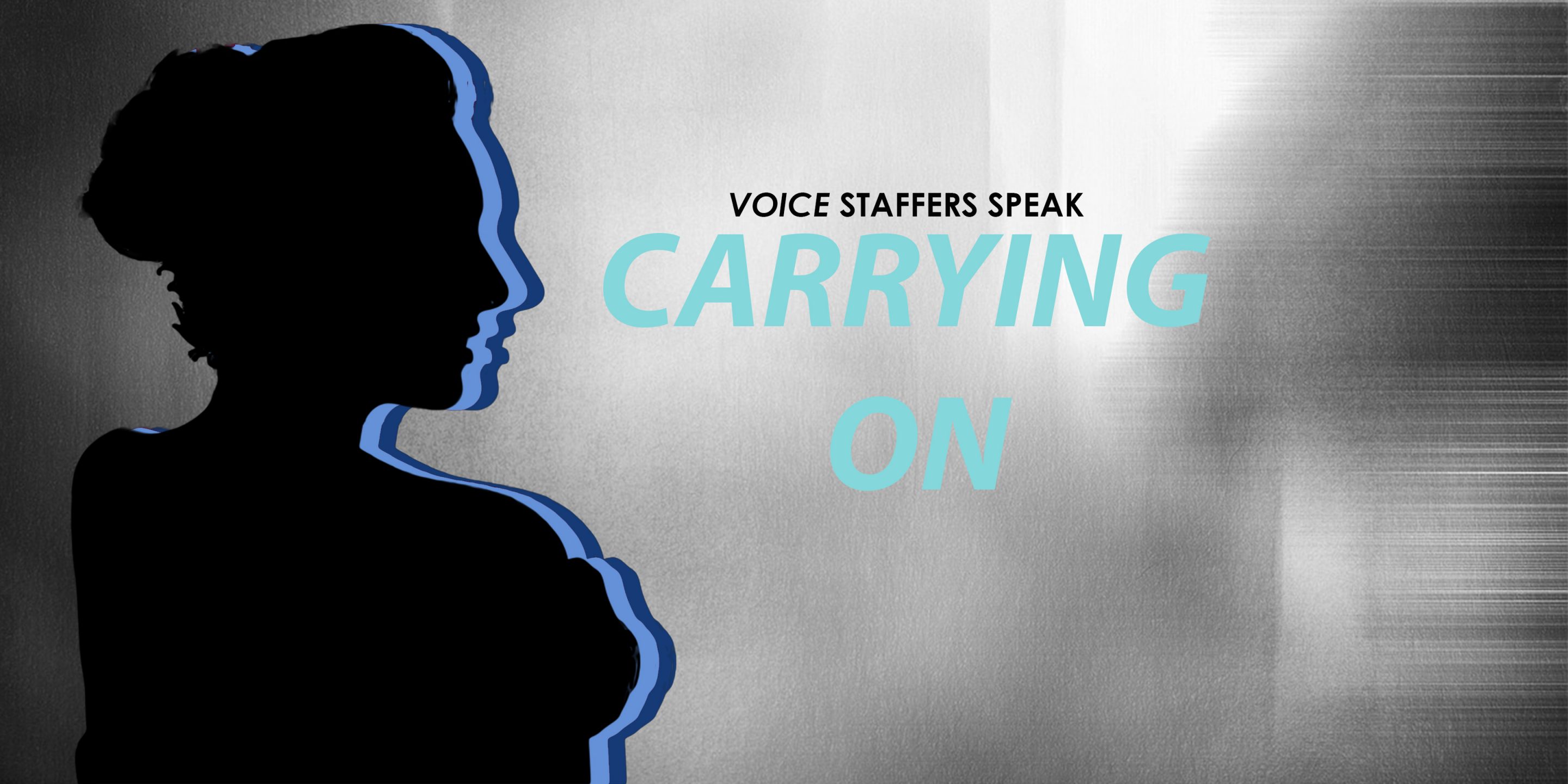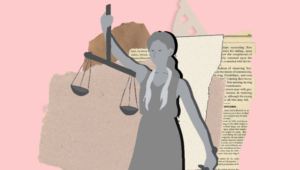Can you be both a Luddite and a computer science major? I study computers and the internet in class but I never publicly interact on social media. I want to strike a balance between the powerful tools the internet has created, and the damage they can do to society.
On one hand, I’m convinced that technology, and especially the internet, can change the way humans interact permanently and for the better. On the other, the internet, and the industry which has grown around it, has incubated a disease which threatens to nullify all the benefits it could bring us.
For decades, public intellectuals have been telling us that each new form of media is a fresh scourge on society. And every time, each medium’s developers have fought back, saying that technological change is both inevitable and the story of human progress. It’s hard to argue with that. We classify historical periods in terms of technology—think the Bronze Age, the Iron Age, or the Information Age—so it seems to make sense that we should pursue technological advancement. That’s what we’ve always done. Maybe curiosity and striving for new, efficient ways to conduct our lives make us human.
TV, which represents the second most recent great change in the way information is disseminated, made the world smaller in ways radio never could. Before that, radio made the world smaller in ways the telegram never could. But the internet is different. The internet is both spectacularly granular—my Facebook feed is distinct from everyone else’s—and unprecedentedly global. It allows virtually everybody to learn anything and to communicate with anyone. That property allows for social networking, producing new modes of social interaction which have no historical precedent.
But social networks don’t embrace their potential. Instead of exposing their users to new ideas and people, as a network is supposed to, they tend to selectively filter out content that reduces the chance you’ll click on an ad.
Social networks manipulate our attention and information to their advantages, without much understanding of and consideration for the potential consequences. As a result, their casualties are wide-ranging, from political calamities like the 2016 elections to teenagers’ mental health problems caused by demands for constant social performance. The companies I grew up hoping to work for no longer fill my dreams. Now, they’re responsible for helping to interfere with elections, tamp down free speech, and manipulate my attention span and discretion. All told, I find it hard to believe that social networks are really the force for social good their corporate parents would have us believe they are.
Of course, I can’t blame corporations for seeking profits. The internet’s strengths lend themselves to exploitation. The internet is incredibly simple to use. Decades of computer science and engineering have created computers and software that give nearly anyone the ability to interact and spend money and time on the internet. But that means potentially nefarious, or at least self-interested, actors have easy access to people who don’t expect to have to spot lies or decide for themselves what information is worth divulging. That’s not the fault of everyday people who are discovering the internet’s advantages. It’s just that easy-to-use things tend to get used. It doesn’t bode well for the internet that its strengths make it easier to abuse.
I believe the internet has finally started causing more problems than it solves. Sometimes, the public seems to believe the internet is like a Wild West where small groups and great ideas can succeed in a flurry of meritocratic virtue. Maybe it was once. Very unfortunately, and regardless of what it used to be, the internet is not such a place now.
But it could be. The internet is completely unlike any tool of communication we’ve ever had. It lets us talk to each other instantly and with no marginal cost. It lets us store and retrieve virtually unlimited information. We can learn new things, discover new ideas, and talk to new people all for free. The internet should be humans’ greatest leap forward since bread—let alone sliced bread.
Fundamentally, the internet is what individuals make of it. Attempts to control it from the top down are doomed. The lessons we’ve learned from previous episodes of excessive corporate power—often, as in the Gilded Age, they were lessons in political organization—may be instructive today. Either way, the solution surely lies in collective action.
That is why I’m still excited about computer science. It’s also why I’m a government major. Computers are still the most powerful tool ever invented, and they get more powerful every year. But their power, like any new source of power, can corrupt. So, I promise, I’m not a Luddite. But excuse me if I act like one sometimes—the internet might rely on change inspired by the time before social networks. Not, of course, that I was conscious during that time.
The trouble is striking a balance between progress and reflection. I don’t know exactly how to fix the internet— nobody does. As a kid, I knew I wanted to work in Silicon Valley. As I’ve grown up, I’ve shed most of my childhood idealism. But some remains. Wherever I end up, I want to help redirect the internet off its exploitative path and onto a universal one instead.
Listen to the accompanying podcast, Fresh Voices.







